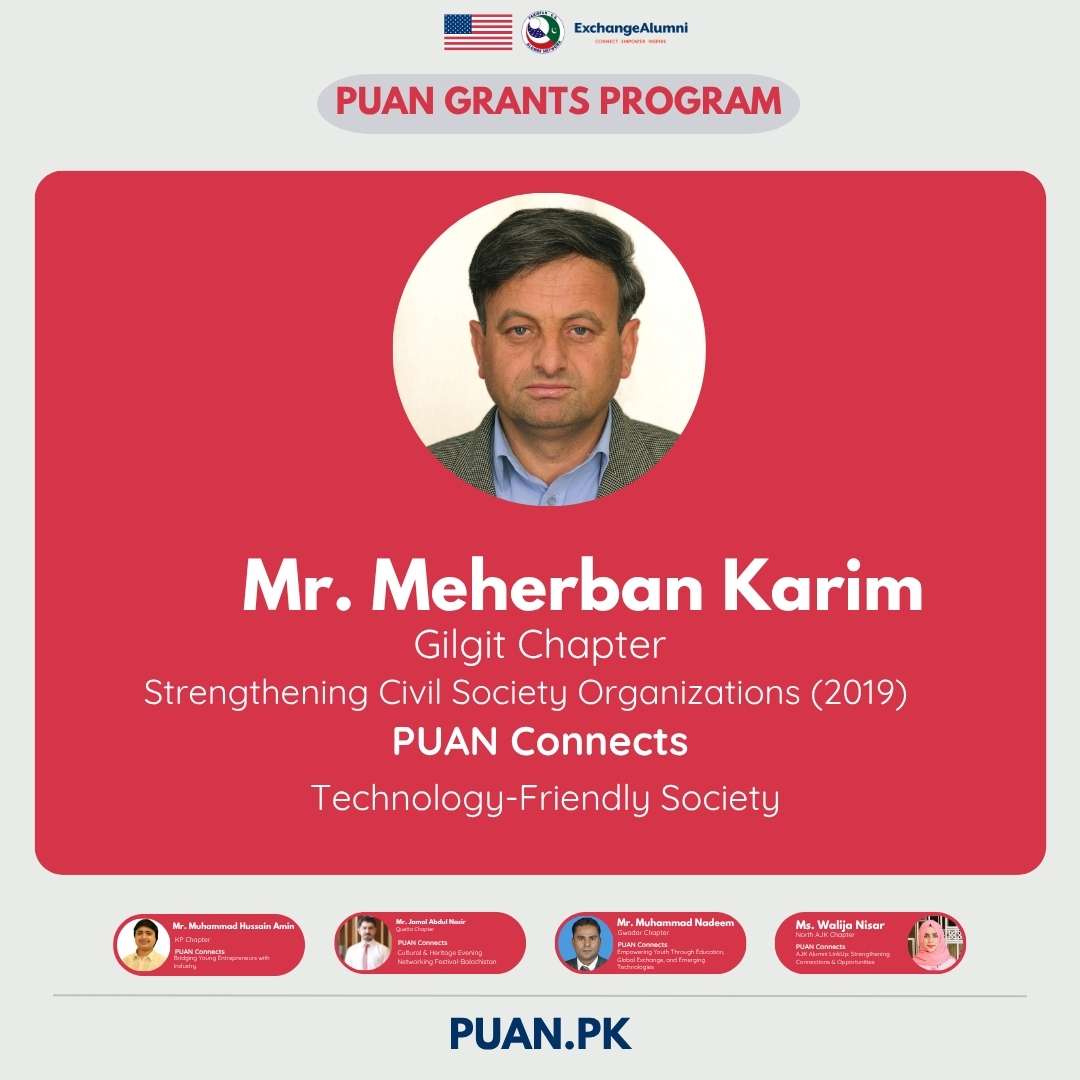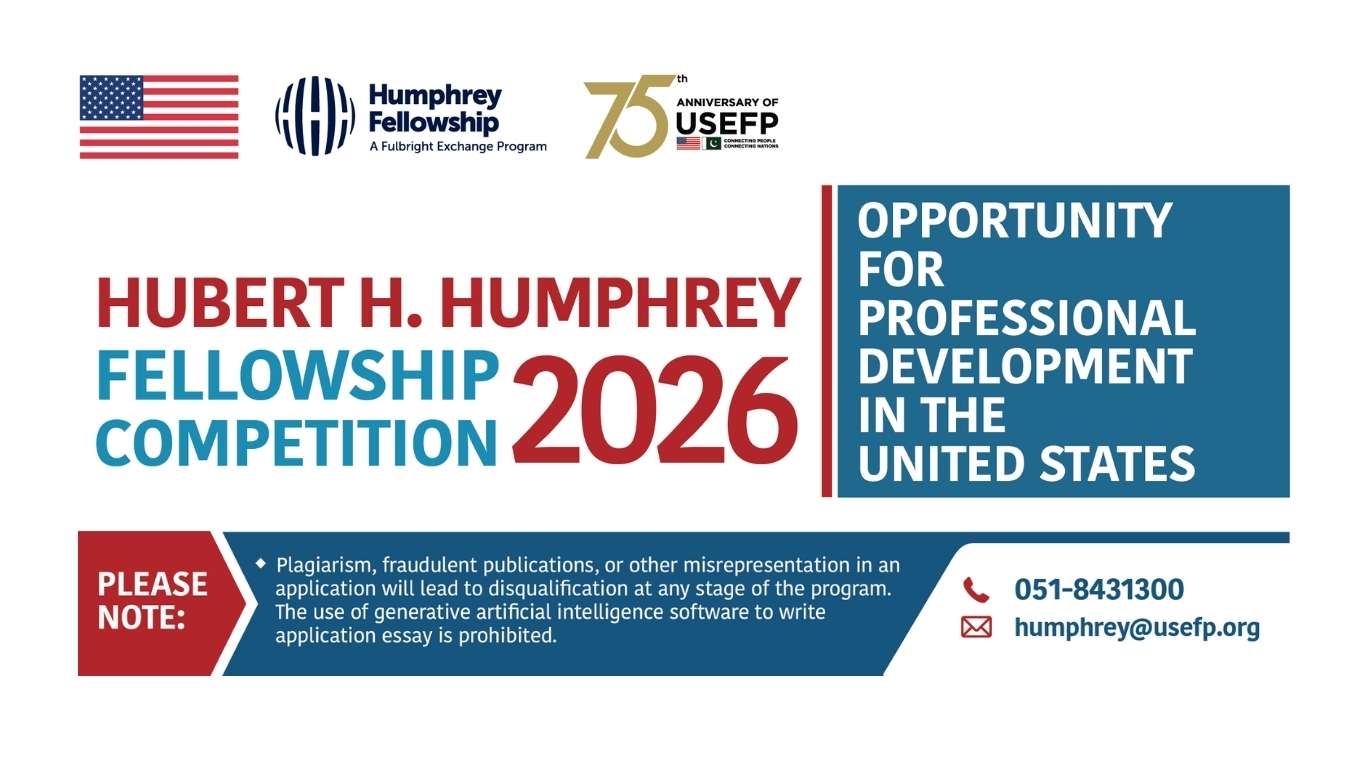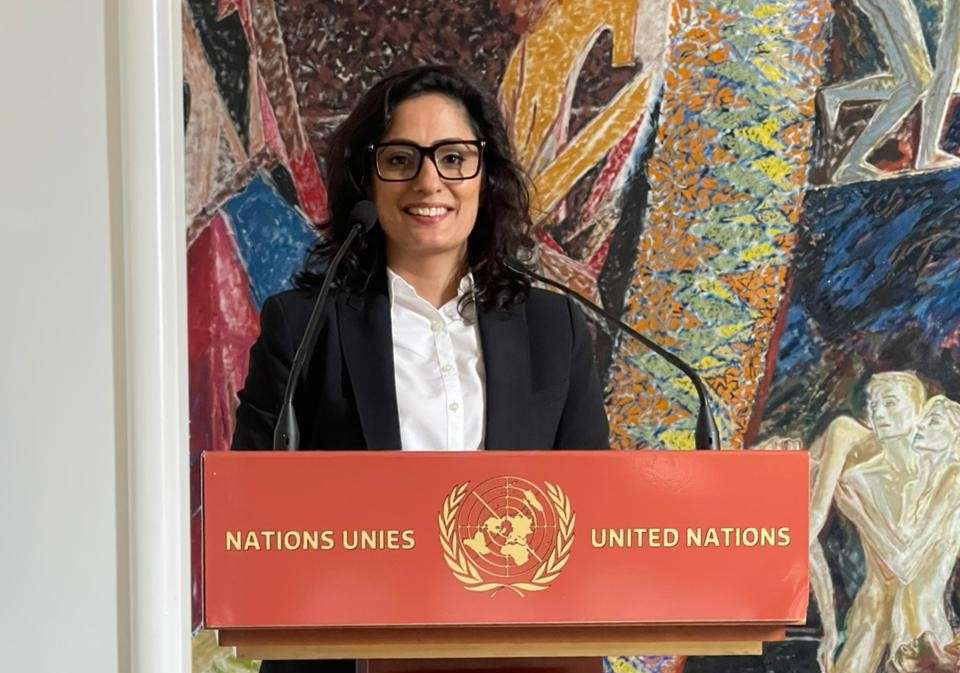By Rimsha Ali Shah
Bracing himself against the oncoming serve of his opponent, 12-year old Shaheer was not sure what to expect: he was playing against young Jeremy for the first time and the only conversation they had had so far involved both of them picking up their rackets and taking positions across the court from one another.
But he did not have much time to procrastinate. Once Jeremy served, the two continued playing for over an hour, with loud jubilations and sometimes frustrated sighs.
On the other end of the field, six-year old Joanna was running with the football, trying her best to emulate the footwork of her favorite player Ronaldo. Playing on the attack, Joanna was the star of the match leading her team of eight excited female football players to success!
Right behind the football frenzy, cornered away were eight players, four of them aiming to take a chance to play the cut-shot by the team player on the other end of the volleyball match, but alas! A double contact let the other team score!

It was not a typical Saturday morning at Pakistan Sweet Homes, but one that had all 40 children and their accompanying chaperons and teachers fully consumed in the thrill and excitement that accompany sports. Led by Global Undergraduate Exchange Program (UGRAD) alumnus Raj Kumar, the “Interfaith Sports Gala” marked the second engagement activity under the project “Composite Heritage to Promote Interfaith Harmony” as part of the State Department’s campaign on “Days of interreligious Youth Action (DIYA).”
This was made possible with the help of $5,000 USD grant from the Pakistan-U.S. Alumni Network. All alumni of various U.S. government sponsored exchange programs in Pakistan are eligible to apply for the grant to enable them to give back to their communities.
The diverse group of participants represented Muslims, Hindus and Christian communities from Rawalpindi and Islamabad. The students were from Holy Childhood Association, Master Ayub Street School, Pakistan Sweet Homes and St. Mary’s School. This follow-up activity featured a diverse variety of games including badminton, cricket, volleyball, football and the locally famous ludo, pitho-garam and pakran-pakrai.

Project lead Raj Kumar commented, “Playing sports together, such as cricket or football, really requires no communication. It is one such activity that bridges gaps almost instantaneously for as players, we focus on the game, the skill, the technique, and that helps us connect. My aim was to use this tool to introduce children to the very different worlds they live in, but help them build on mutual respect for each other on the basis of their shared love for sports.”
Eliyah from the Holy Commission who had recently completed his high school was a huge fan of Ramos. “I regularly take part in football competitions and what I really enjoy is the energy and focus of all players. I am very excited for today’s match!”

Wiping the sweat off his forehead in an attempt to keep up with the energy of the young sportsmen, Master Ayub took his position in the very intense volleyball match that was going on. “Such a gala of games really helps children develop their skills in sports and interpersonal communication. Interaction of diversity in a friendly environment with physical activity stimulates friendships and promotes the spirit of sportsmanship.”
Social media volunteer for the activity and UGRAD alumna Tuba Azeem mentioned how much she had enjoyed the entire DIYA project. “I love the positive vibes this playground is engulfed in and I feel it is pertinent to highlight and share this positivity with the world! We are engaging and empowering youth for interreligious youth action and for a future that would be more tolerant and empathetic.”





